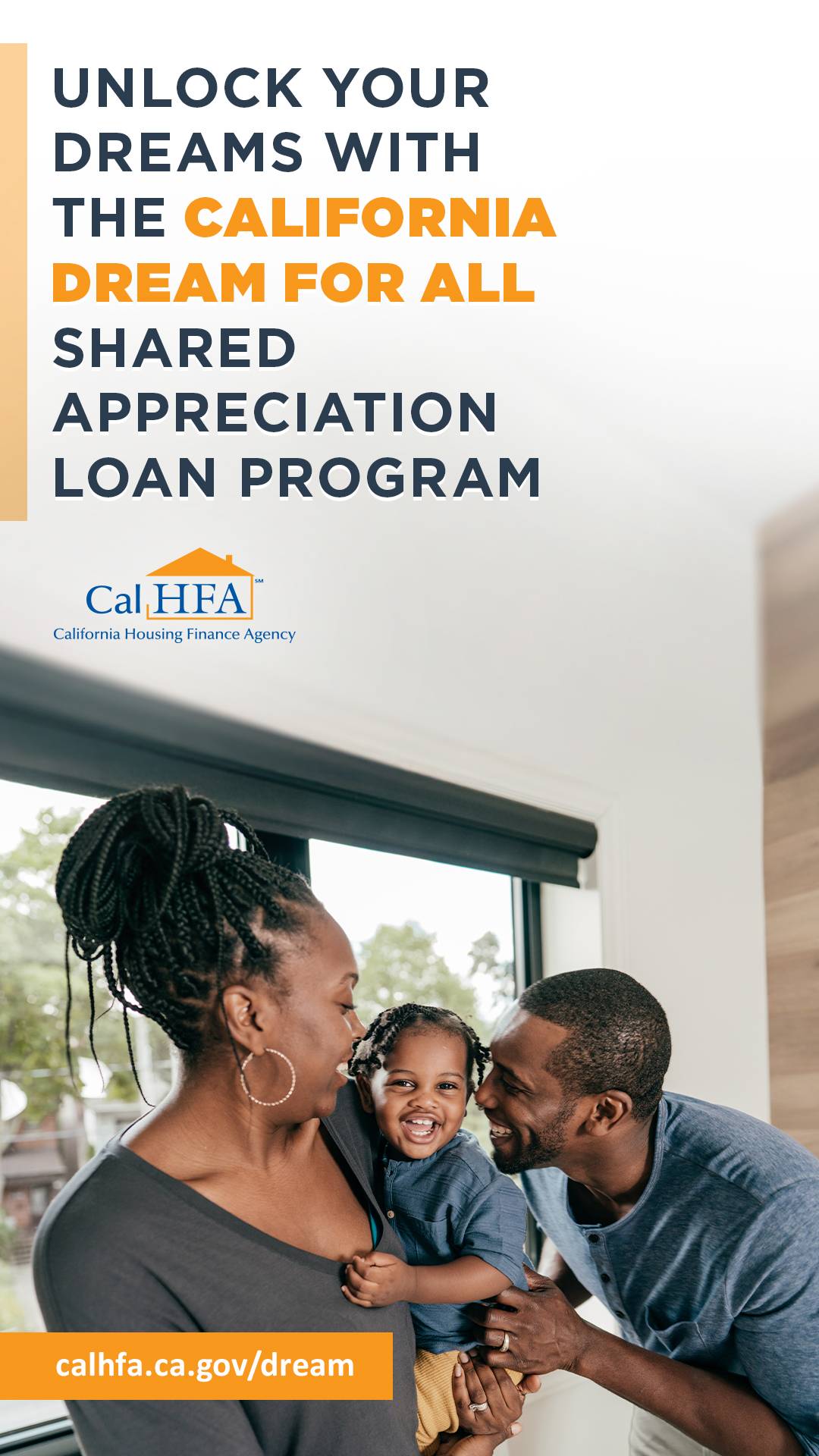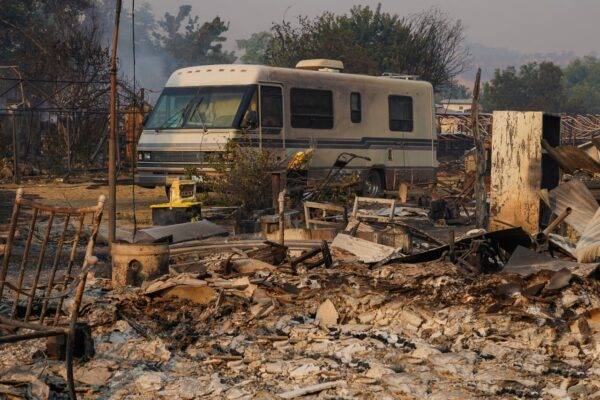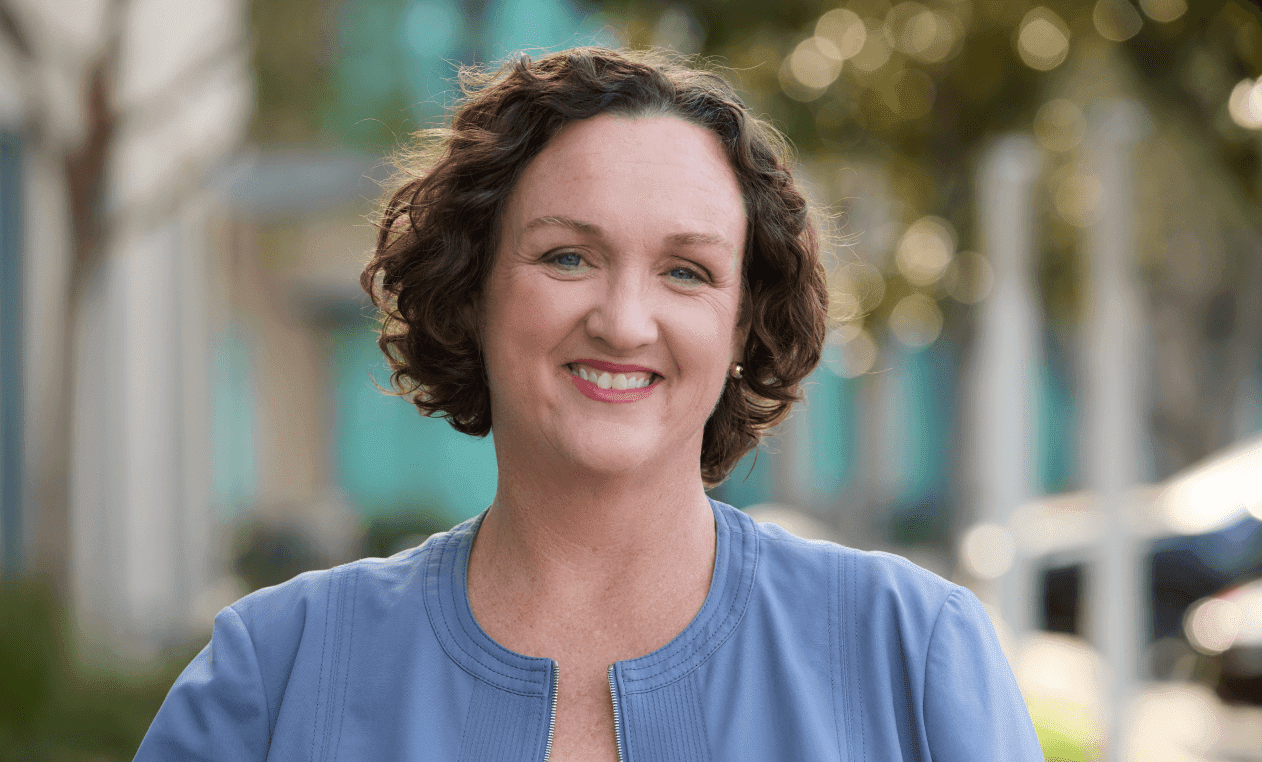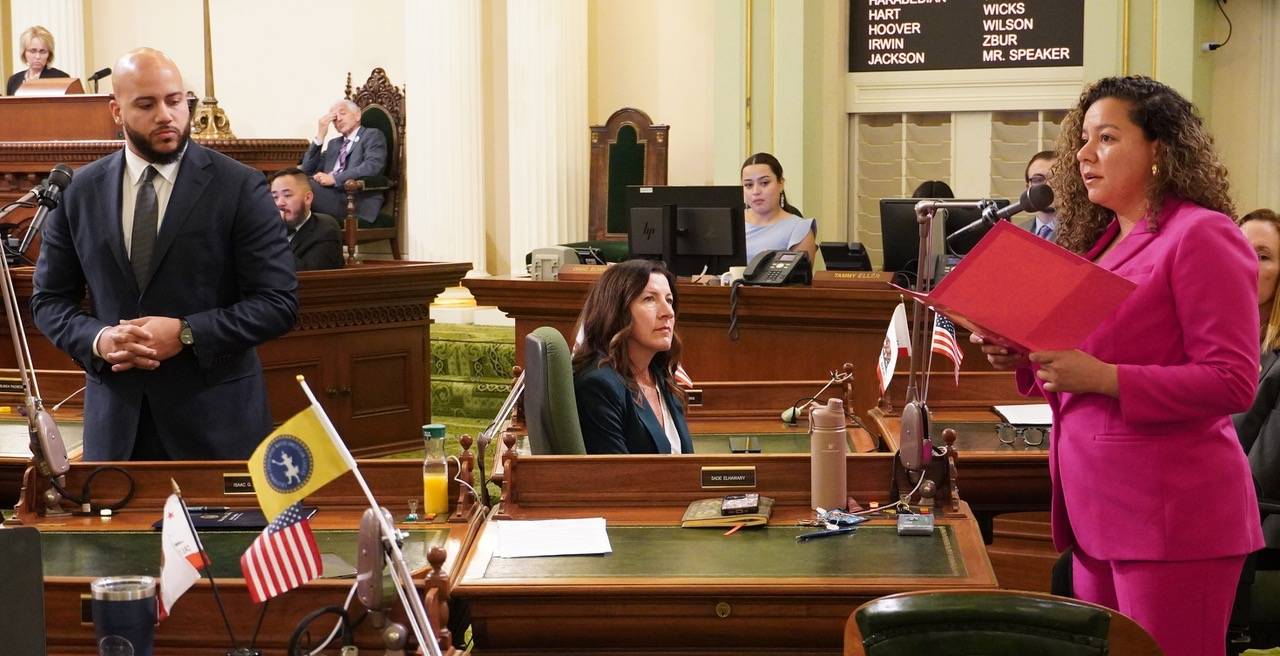Gov. Gavin Newsom, in October, signed two Senate bills introduced by members of the California Legislative Black Caucus (CLBC).
One bill, by Sen. Lola Smallwood-Cuevas (D-Los Angeles), strengthens pay equity by expanding employer pay-data reporting. The other, authored by Sen. Laura Richardson (D-Inglewood), assists local governments in managing issues involving people experiencing homelessness who live in recreational vehicles (RVs).
Smallwood-Cuevas’s bill, Senate Bill (SB) 464 — the “Advancing Pay Equity Act” — is a CLBC priority measure included in the “Road to Repair 2025 Priority Package,” a set of policies aimed at repairing past injustices against descendants of enslaved people in California.
According to Smallwood-Cuevas’s office, SB 464 expands pay-data reporting by adding job categories, broadening salary bands, and requiring higher-quality data. It is also part of a broader package focused on strengthening worker protections, particularly for low-wage communities of color.
“Our economy moves nowhere without our workers. These new laws put working people first – protecting the hard-working men and women who get up every day and keep our economy running,” Smallwood-Cuevas stated. “When we treat workers fairly and with the dignity they deserve, we can build a more equitable California.”
The California Employment Lawyers Association and the NAACP California-Hawaii State Conference supported the bill.
Beginning Jan. 1, 2026, courts must impose civil penalties on employers that fail to submit annual pay-data reports to the California Civil Rights Department (CRD), eliminating previous judicial discretion. The bill also requires employers to store demographic data collected for pay-reporting separately from primary personnel files.
Smallwood-Cuevas said SB 464 addresses the “income inequality that has been plaguing Black Californians for centuries.”
In 2022, for every $1 earned by White families in California, Black families earned 58 cents, and Latino families earned 52 cents, according to the Public Policy Institute of California (PPIC).
Disparities persist in workplace advancement as well. Data from the California Pay Data Reporting System (CPDRS) show that while White Californians hold 62% of executive or senior-level positions, Black Californians hold just 4%.
SB 464 also adds sexual orientation to annual pay-data reporting categories and requires CRD to publish anonymized reports.
Newsom also approved SB 748, Richardson’s bill aimed at addressing challenges related to unhoused residents living in RVs — including public health and safety issues and concerns raised by nearby residents and businesses.
“Often, RV or street encampments do not provide adequate shelter from the inclement weather, safety from uninvited strangers or those who intend to cause harm, and adequate sanitation to avoid disease and infection,” Richardson told the Senate Human Services Committee in April. “SB 748 enables jurisdictions through the Safe Parking Sites tool to comply with both federal and state law related to encampment cleanup and protections.”
On June 18, Richardson told the Assembly Housing and Community Development Committee that the rising number of unhoused people living in RVs in California makes the issue impossible to ignore.
“In 2024, the U.S. Department of Housing and Urban Development (HUD) reported that 187,084 people were experiencing homelessness in California, and a significant portion of the people were living in RVs,” she said. “Roughly 25% of those experiencing homelessness are unhoused in California.”
She continued, “It’s not humane for people who are living here to live without adequate electricity, water, sewer, and many of the services. And it’s also not fair to the residents as well.”
Local data reflect the scale of the issue. In September, San Francisco reported 168 tents and structures used for shelter and 489 vehicles, with a peak of 612 occupied vehicles recorded in June. In Oakland, an estimated 700 to 900 people were living in RVs in May 2022, a figure that had grown substantially.
SB 748 expands safe-parking operations, establishes guidelines for the removal and storage of vehicles, and requires reporting on the effectiveness of these programs. The bill is intended to help local jurisdictions comply with state and federal laws governing encampment cleanups while offering safer alternatives for unhoused individuals.
Carlin “Carly” Shelby, a Senior Associate at Townsend Public Affairs, Inc., who represents the City of Compton, supports the legislation.
“This is not a result of choice, but of economic necessity, a reflection of the severe affordable housing shortage affecting working people, seniors, and families,” Shelby said. “These individuals often have no other safe, stable options available. At the same time, the increasing concentration of RVs in certain areas has created serious challenges for the broader community.”







